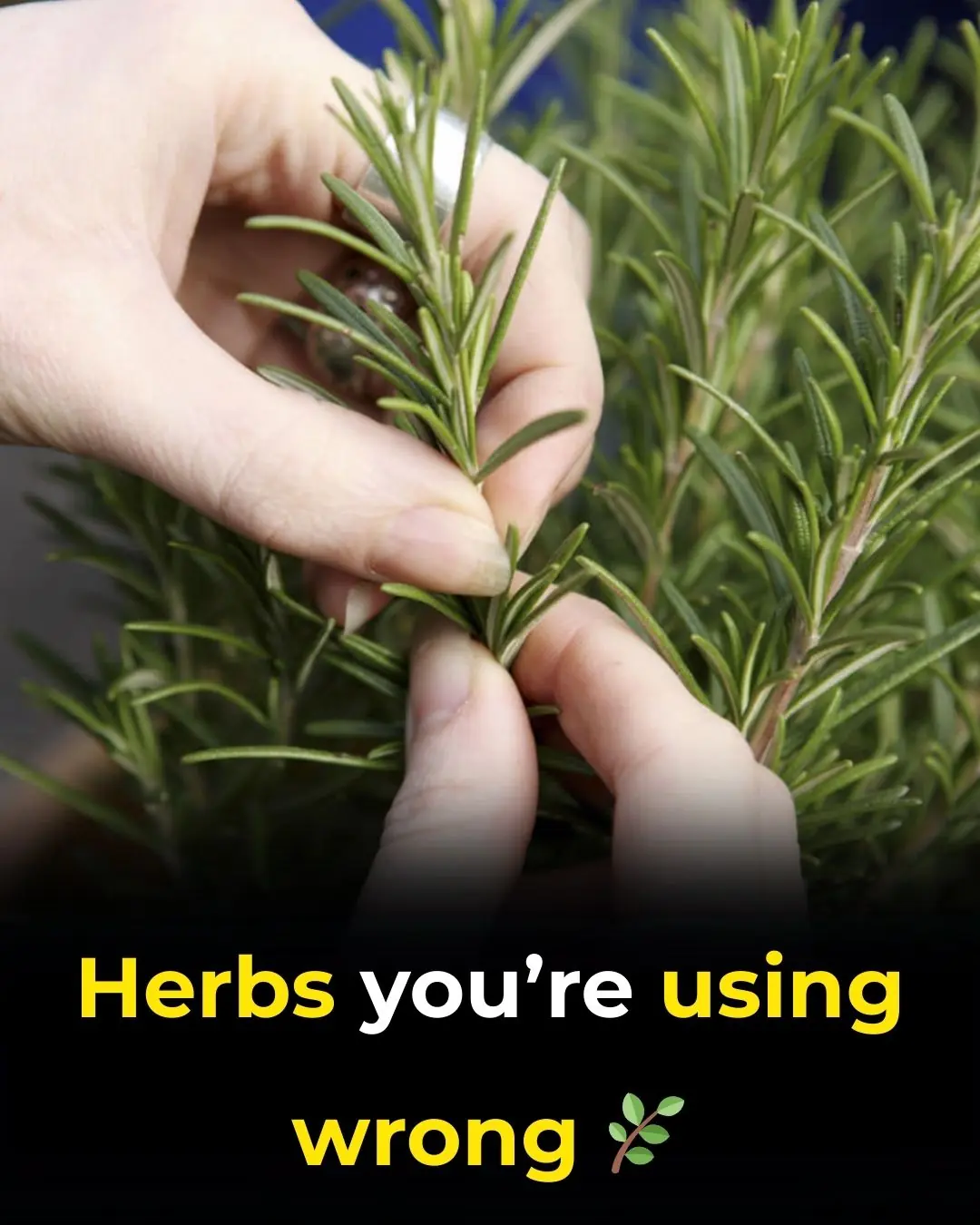
Side Effects and Dietary Recommendations Post Gallbladder Surgery
Gallbladder surgery, also known as cholecystectomy, is a common procedure performed to treat gallstones, inflammation, or other gallbladder-related issues. While removing the gallbladder can relieve pain and prevent further complications, the body goes through a period of adjustment afterward. Since the gallbladder plays a role in digesting fat by storing and releasing bile, its absence may lead to certain side effects—especially related to digestion. Understanding these changes and adopting proper dietary habits can significantly improve recovery and long-term well-being.

Common Side Effects After Gallbladder Surgery
Most people recover well after gallbladder removal, but some may experience short-term or long-term digestive changes. Here are some common side effects:
-
Diarrhea or Loose Stools
Without the gallbladder, bile flows directly from the liver into the small intestine. This continuous flow can sometimes overwhelm the digestive system, especially after eating fatty foods, leading to diarrhea or loose stools. -
Bloating and Gas
Some individuals report increased gas or bloating after surgery. This may be due to the body adjusting to the change in bile flow or the consumption of hard-to-digest foods too soon during recovery. -
Indigestion
You might experience indigestion, particularly after large or fatty meals. This is because bile is not stored and released in controlled amounts anymore, making it harder to break down fats efficiently. -
Nausea
Nausea can occur in the early days following surgery, often due to anesthesia, medications, or sudden changes in diet. -
Fatty Food Intolerance
Fried or greasy foods may cause discomfort or trigger digestive symptoms post-surgery, as the body struggles to process fat without the gallbladder’s regulation of bile.
Dietary Recommendations After Gallbladder Removal
Adopting a thoughtful and balanced diet is essential for helping your digestive system adjust after gallbladder surgery. Here are several dietary tips to ease the transition and minimize discomfort:
-
Eat Smaller, More Frequent Meals
Instead of having three large meals a day, try eating five to six smaller meals. This helps prevent overwhelming your digestive system and supports better bile flow management. -
Limit Fat Intake
Choose low-fat or non-fat options. Focus on lean proteins (like chicken, turkey, and fish), avoid fried foods, and opt for cooking methods like baking, grilling, or steaming. Limit oils, butter, and creamy sauces. -
Introduce Fiber Gradually
Fiber helps with digestion, but increasing it too quickly can cause bloating or gas. Slowly add soluble fiber (found in oats, bananas, apples, and carrots) to your diet first, and drink plenty of water to aid digestion. -
Avoid Spicy and Greasy Foods
Spicy foods and greasy meals can irritate your digestive tract and worsen symptoms. Monitor your reaction to these foods and limit or eliminate them based on your tolerance. -
Stay Hydrated
Water aids digestion and helps your body adapt to changes in bile flow. Aim to drink at least 6 to 8 glasses of water daily. -
Watch for Trigger Foods
Everyone reacts differently post-surgery. Keep a food journal to track what you eat and any symptoms that follow. This can help you identify and avoid foods that trigger discomfort. -
Include Probiotics
Yogurt with live cultures or probiotic supplements can support gut health and help balance digestion, especially if you've taken antibiotics during surgery. -
Gradually Return to a Normal Diet
Immediately after surgery, start with clear liquids, then progress to bland, low-fat foods. Over time, reintroduce other foods one at a time and observe how your body responds.
Final Thoughts
Life without a gallbladder is entirely manageable, but it requires some dietary adjustments—especially in the weeks and months following surgery. By understanding the common side effects and following tailored dietary recommendations, most people can return to a normal, healthy lifestyle with minimal long-term issues. If symptoms persist or worsen, it’s important to consult a healthcare provider or dietitian to develop a personalized post-surgery nutrition plan.
News in the same category

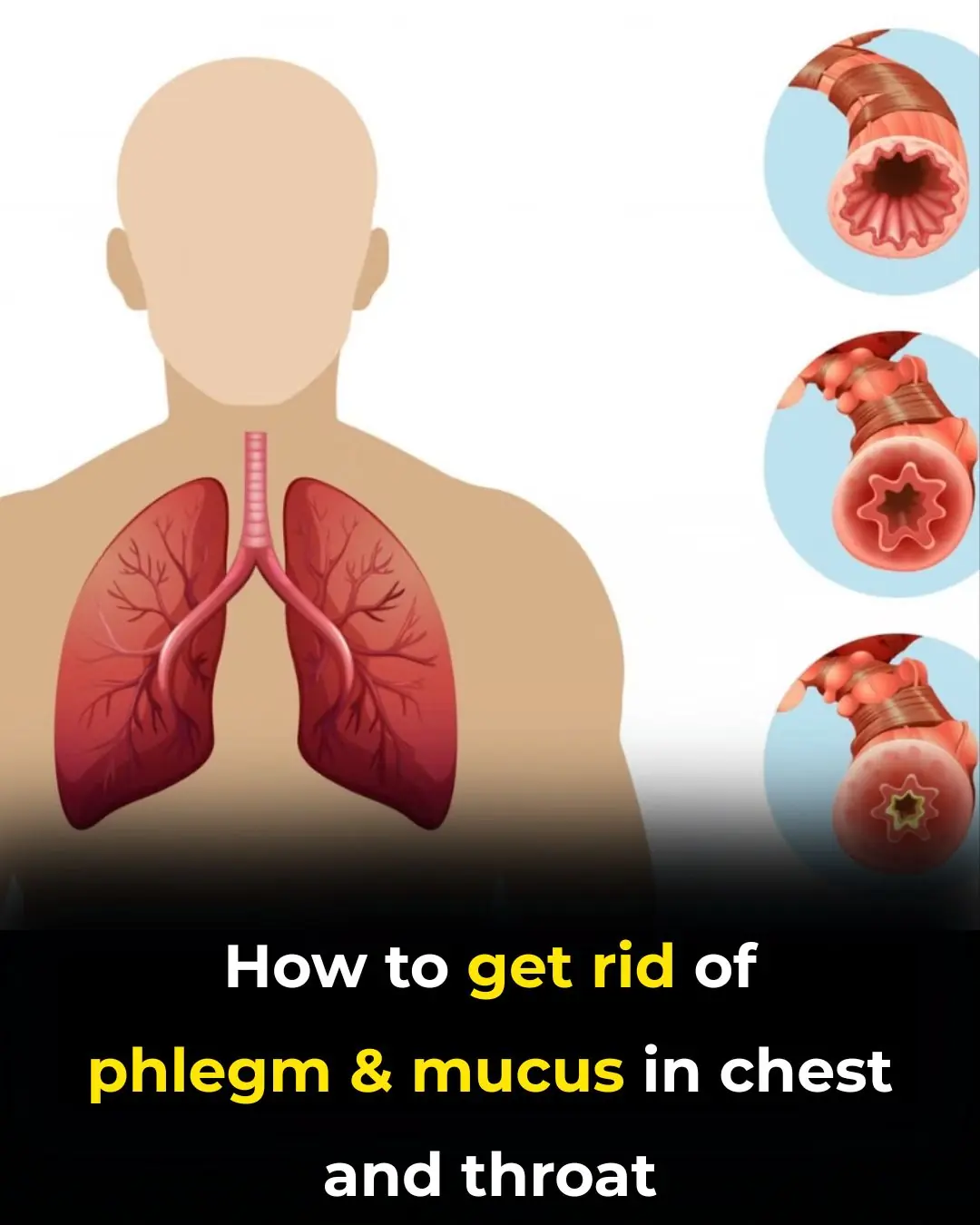
Understanding Phlegm: Why It Builds Up and How to Naturally Reduce It
![Reduce Foot And Ankle Swelling [Top 9 Causes]](https://onplusnewscom.8cache.com/onplusnewscom/images/2025/12/13/1765633594jVo6Fro3lO.webp)
Reduce Foot And Ankle Swelling [Top 9 Causes]
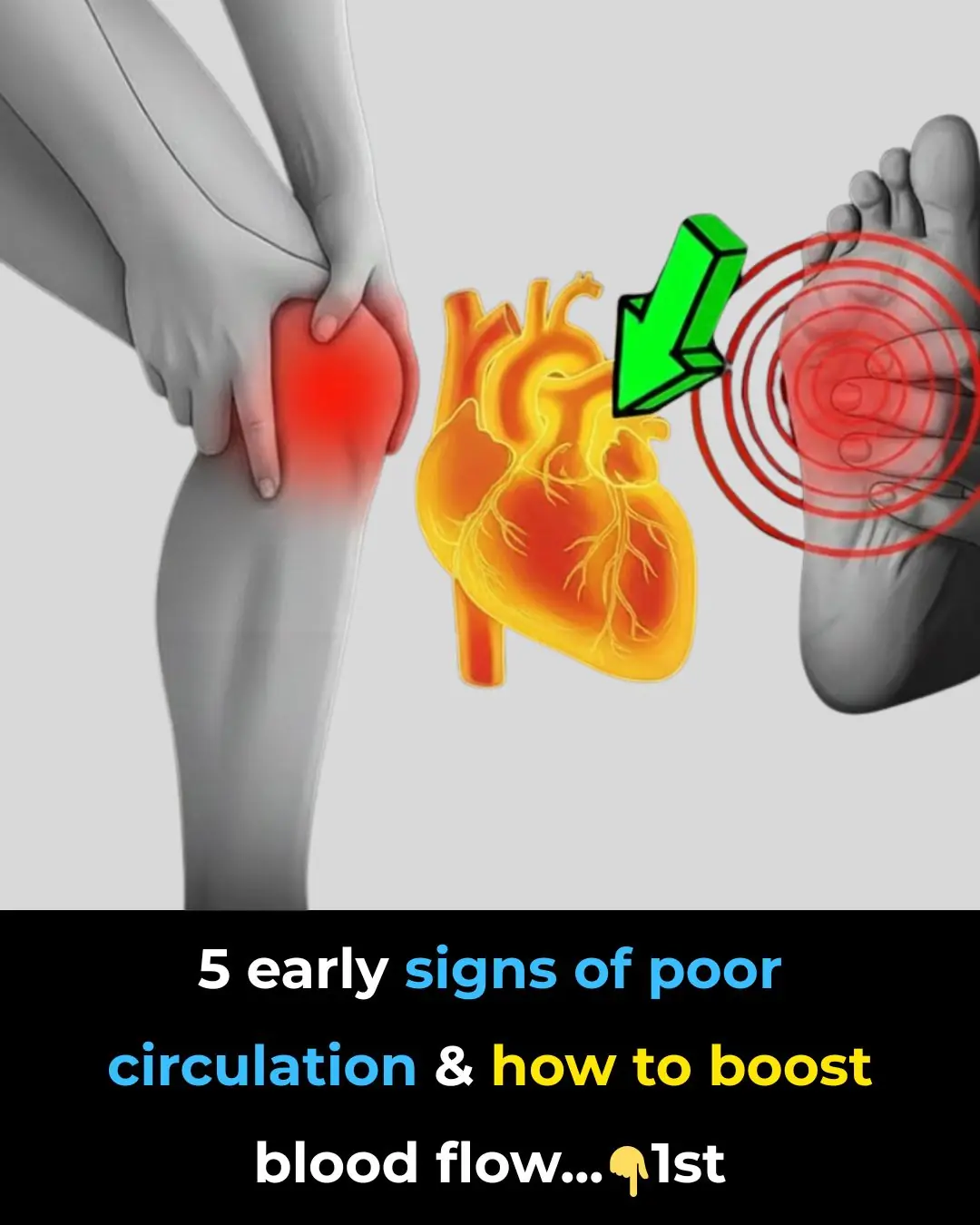
5 early signs of poor circulation & how to boost blood flow

Foods to Eat When You’re Sick: Nutritional Support for Faster Recovery

Strange Body Symptoms Explained: What Your Body May Be Telling You

Understanding Magnesium: Types, Symptoms, and Scientific Support

Herbal Balms You Should Keep at Home: Traditional Uses and Scientific Perspectives
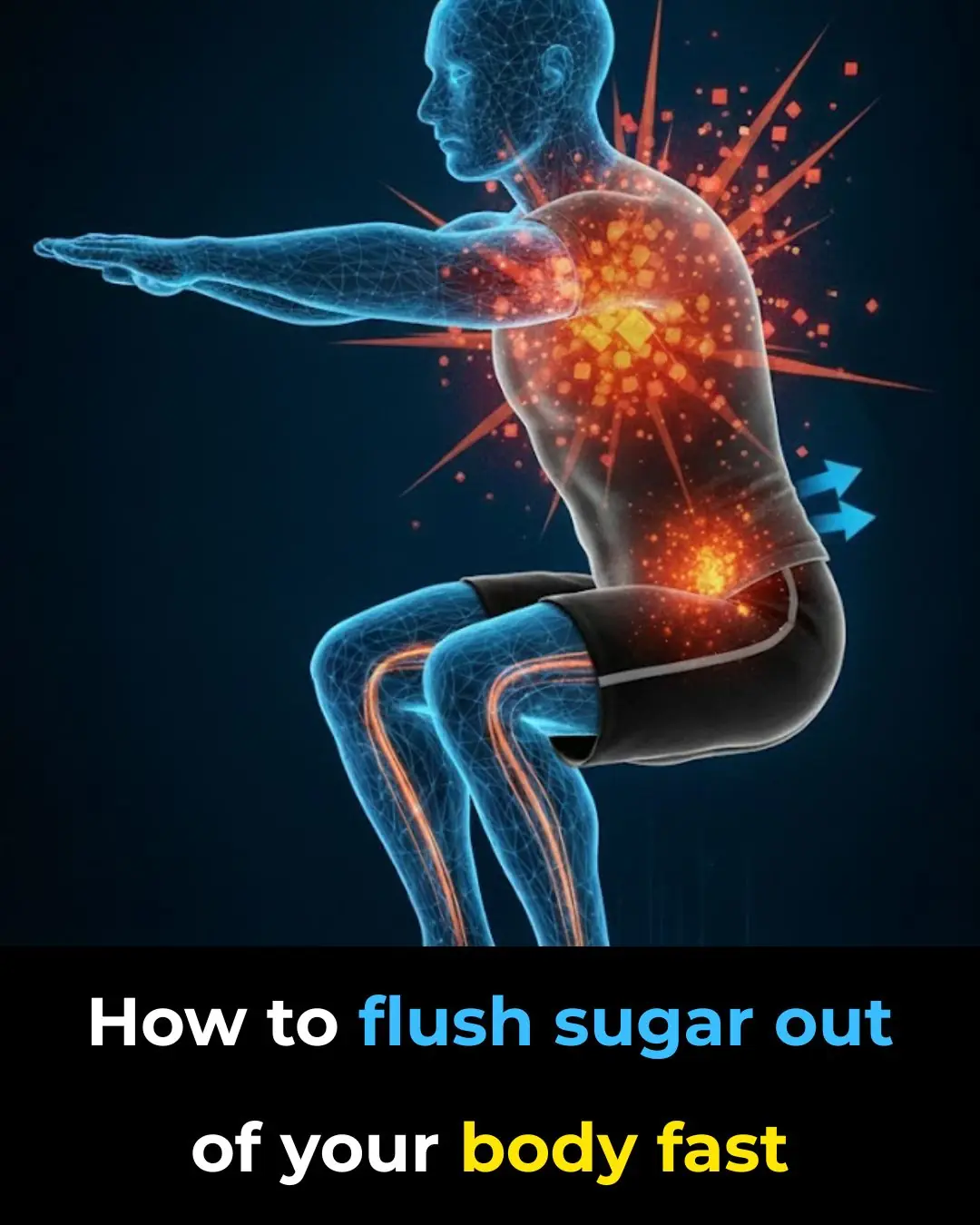
How to flush sugar out of your body fast
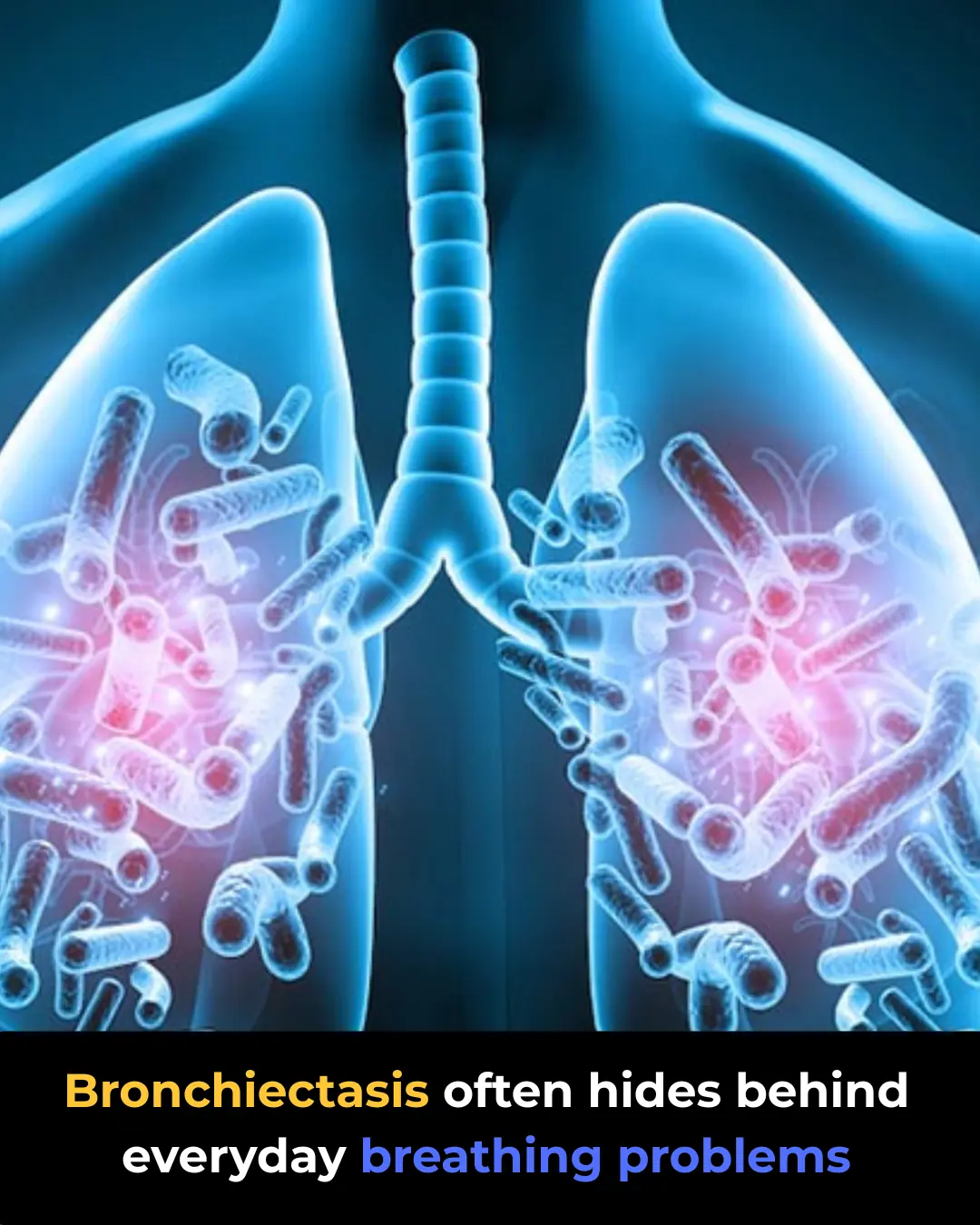
Bronchiectasis: Symptoms Most People Overlook
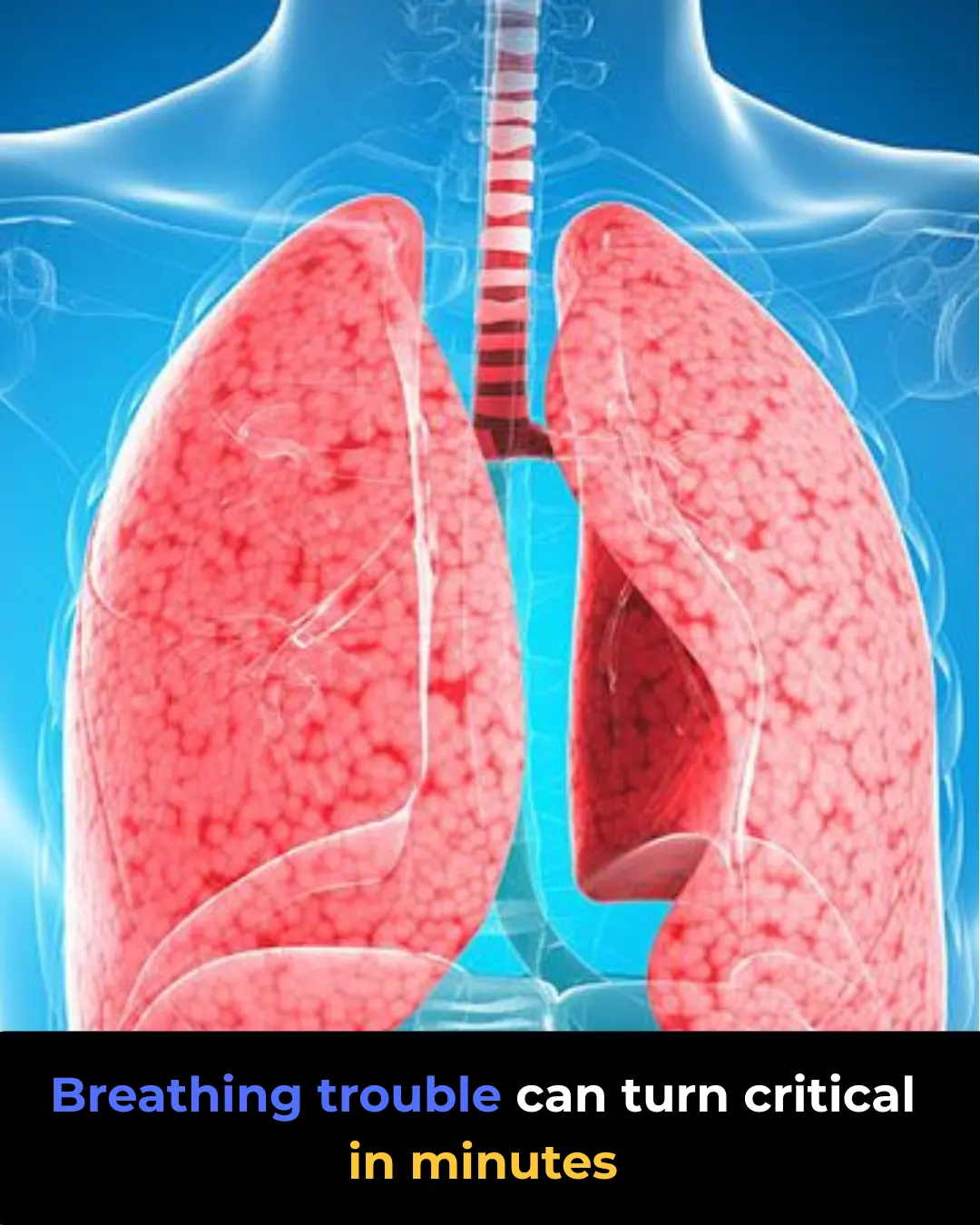
Respiratory Failure: Causes and Emergency Signs
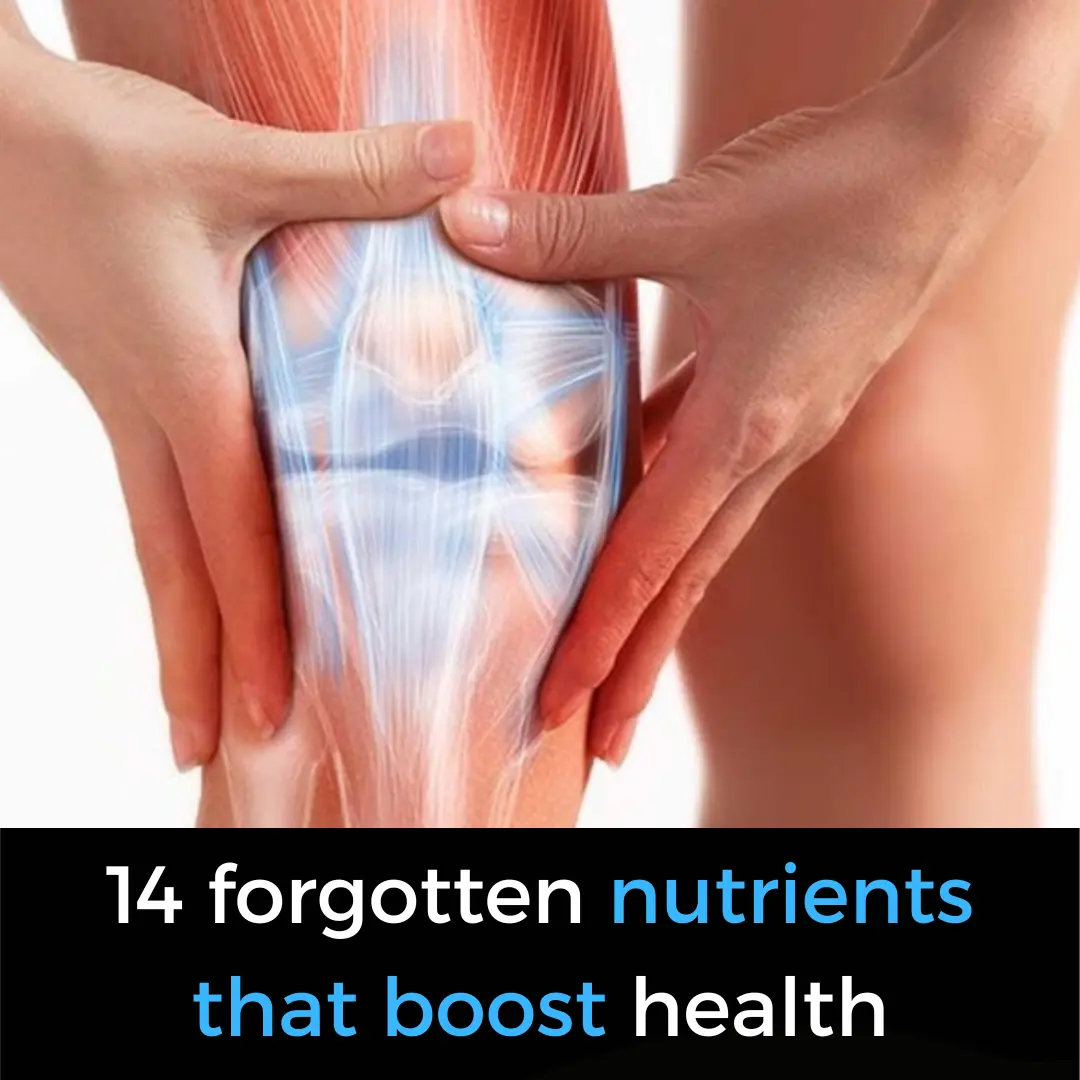
The Hidden Power of Nutrition: 14 Overlooked Nutrients That Transform Health
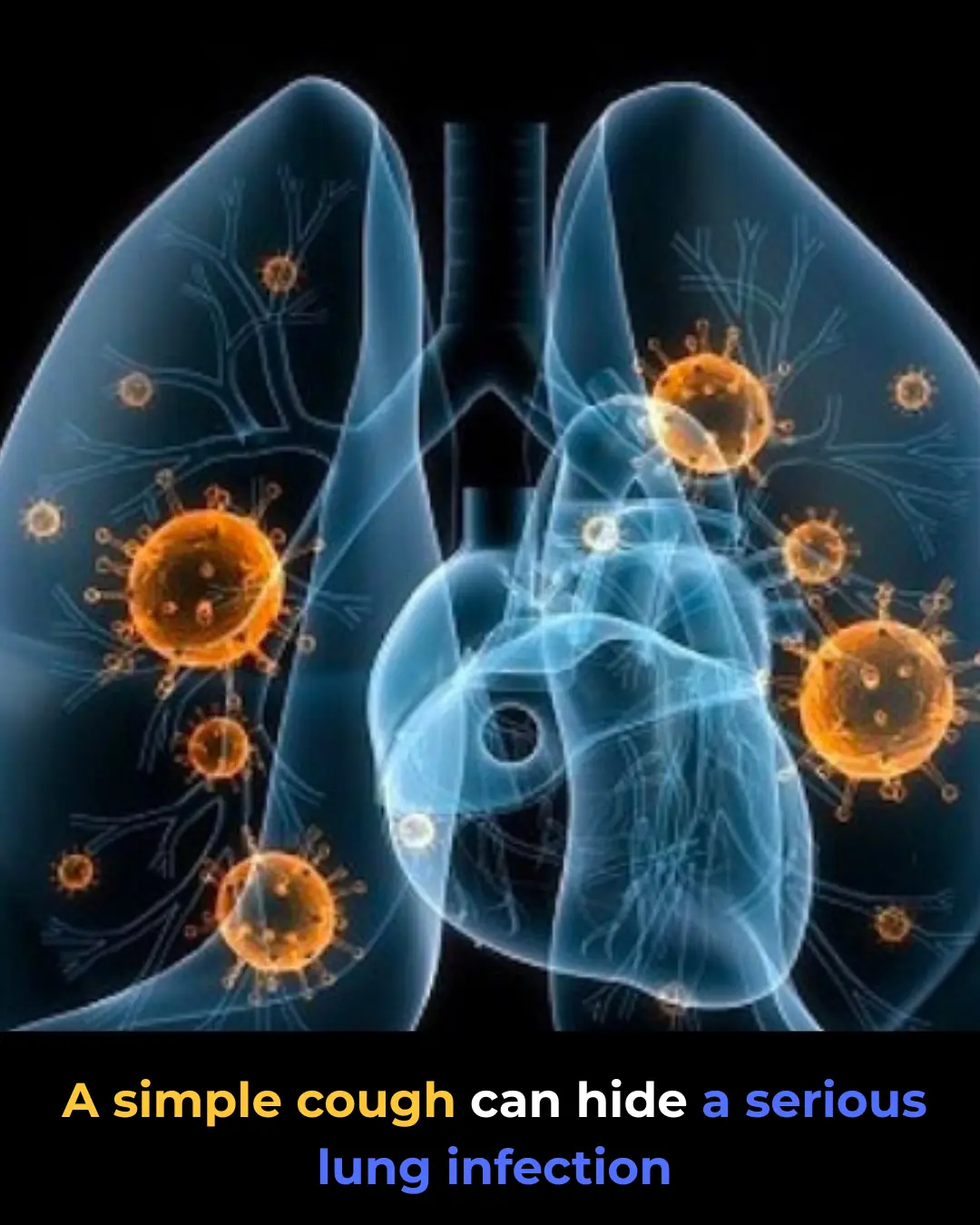
Lung Infections: Common Types and How to Treat Them
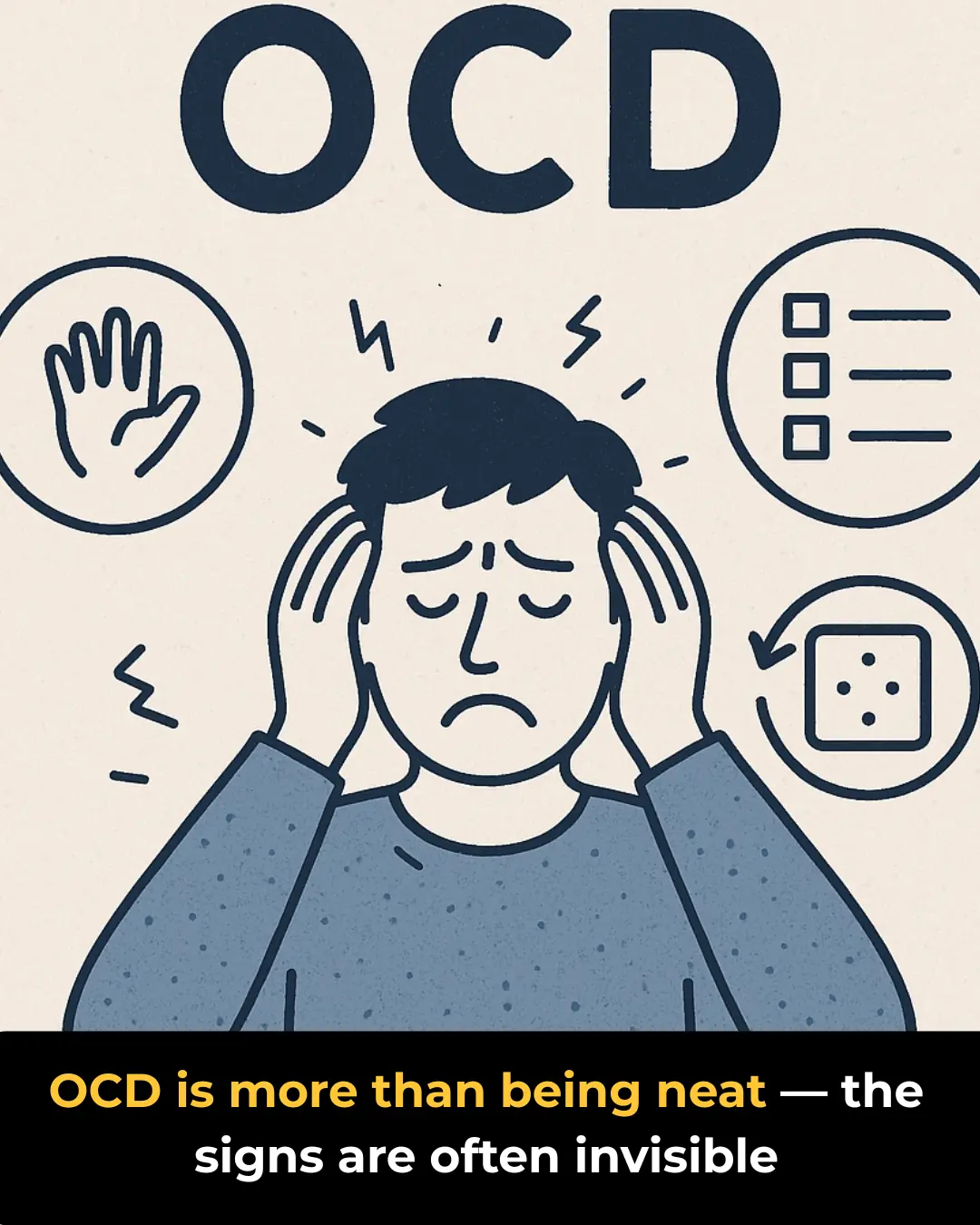
Obsessive-Compulsive Disorder (OCD): Misunderstood Signs

Dizziness and Balance Problems: What They May Indicate
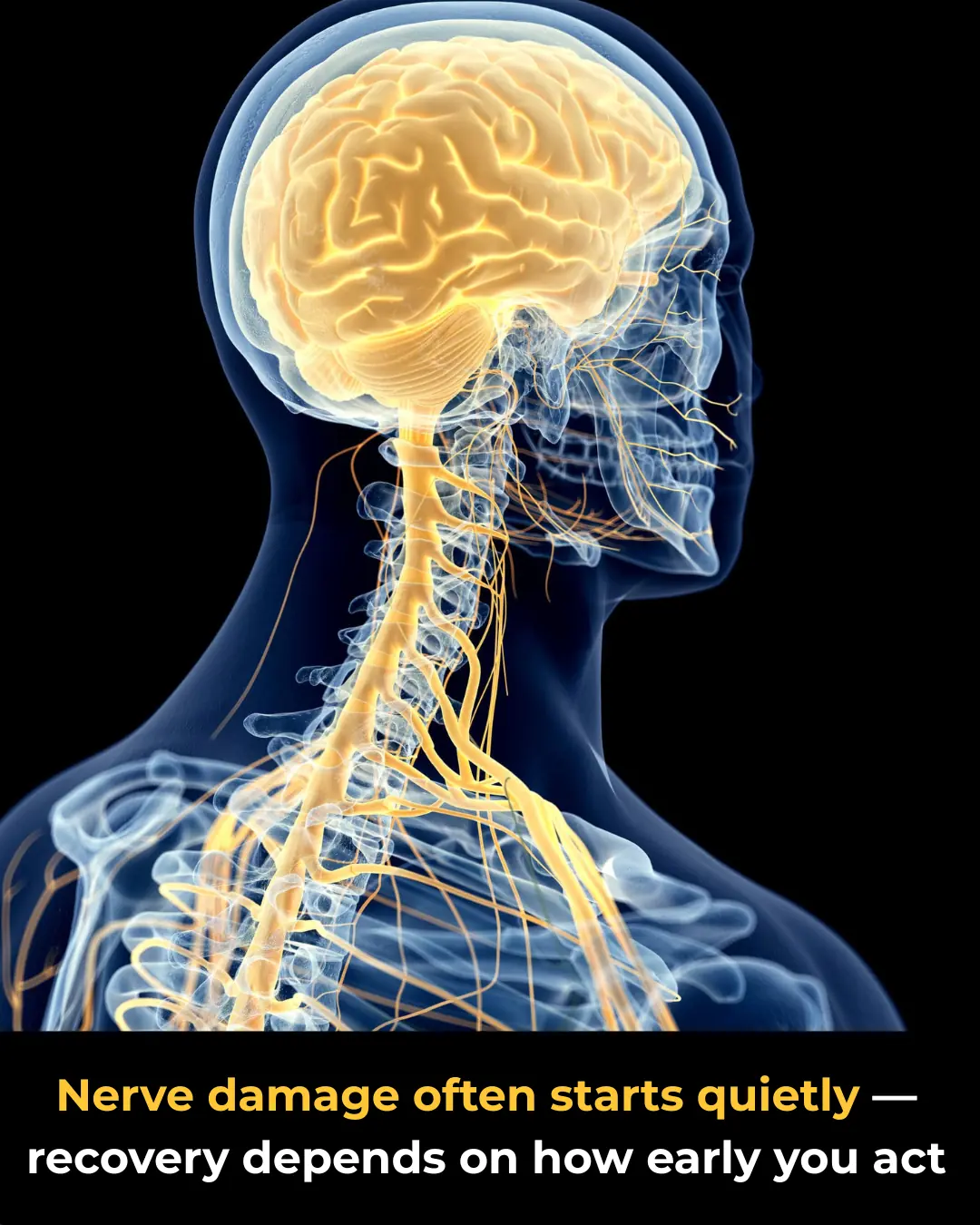
Nerve Damage: Common Causes and Recovery Tips

The 4 hidden causes of persistent phlegm in your throat (& how to fix it naturally)
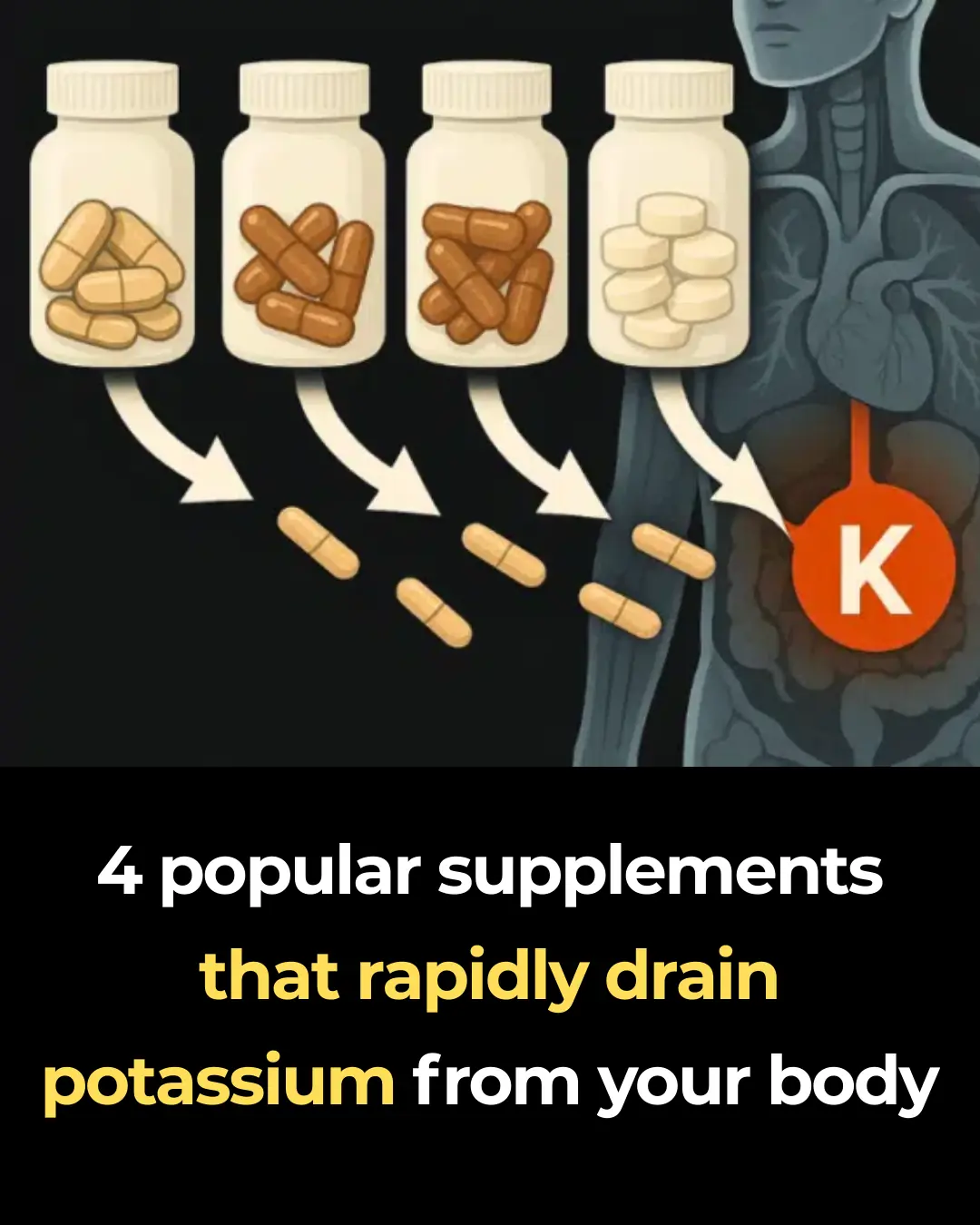
4 popular supplements that rapidly drain potassium from your body
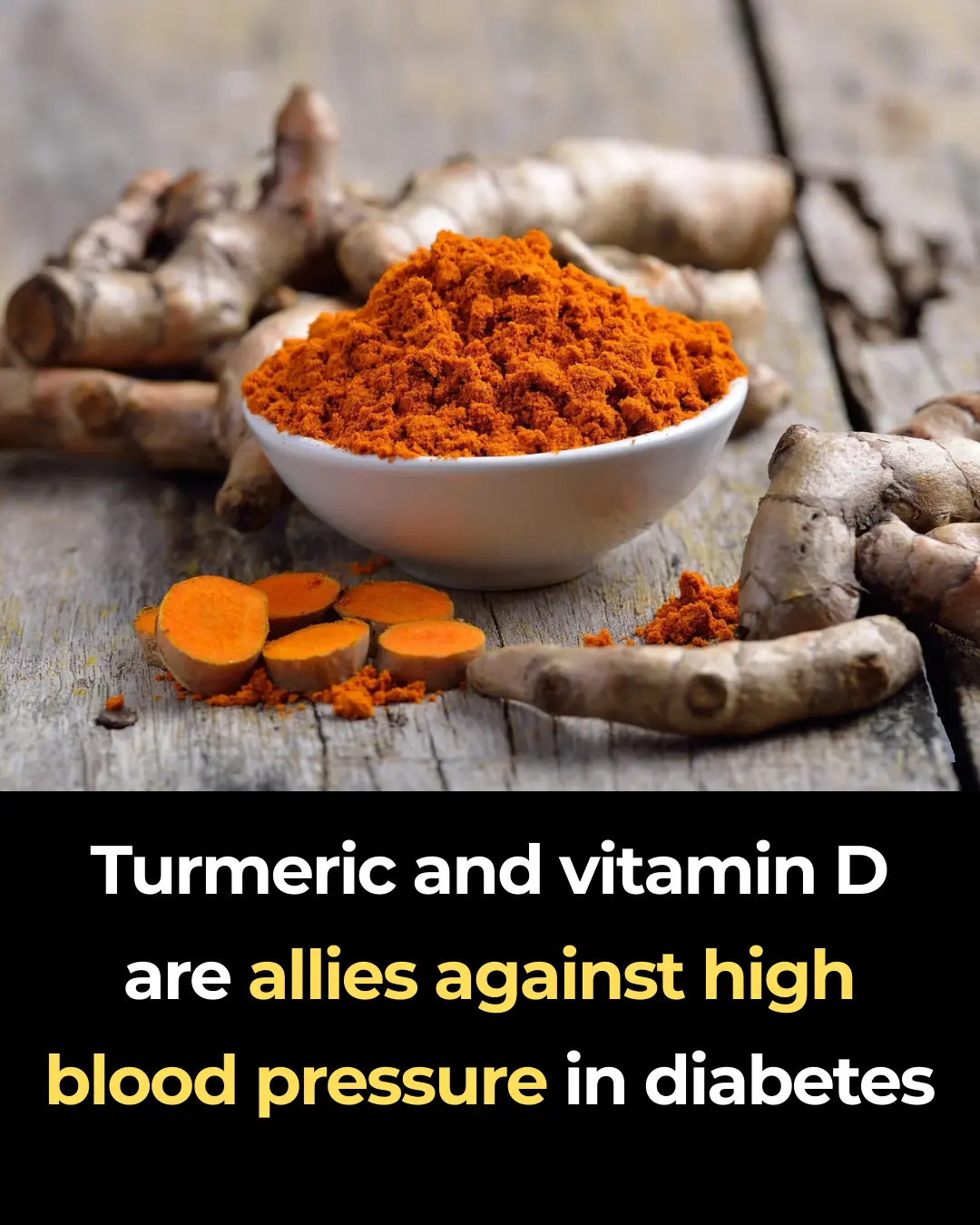
Turmeric and vitamin D are allies against high blood pressure in diabetes

This is How Headaches Reveal What is Wrong With Your Health
News Post

12 Kitchen Mistakes to Avoid
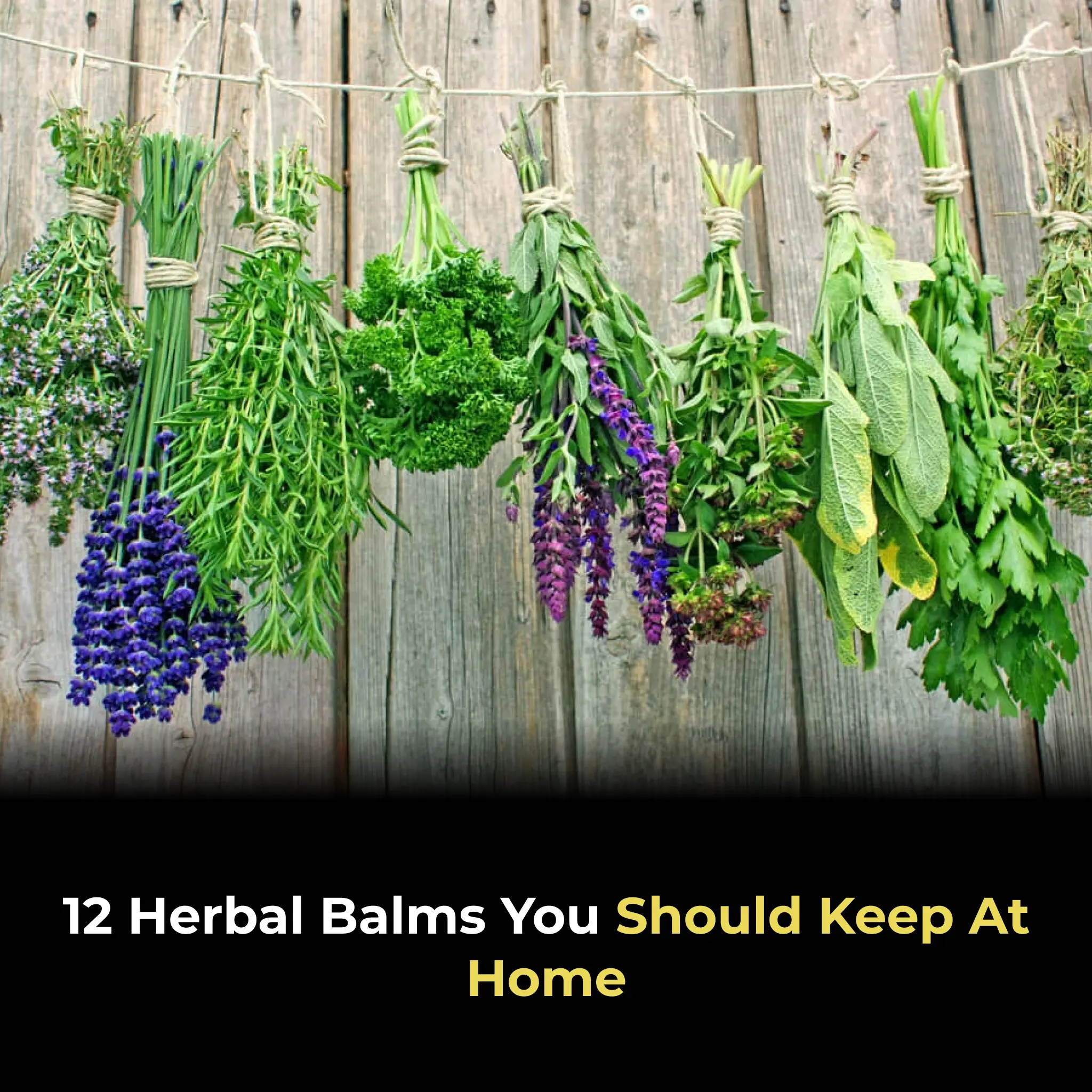
12 Herbal Balms You Should Keep at Home
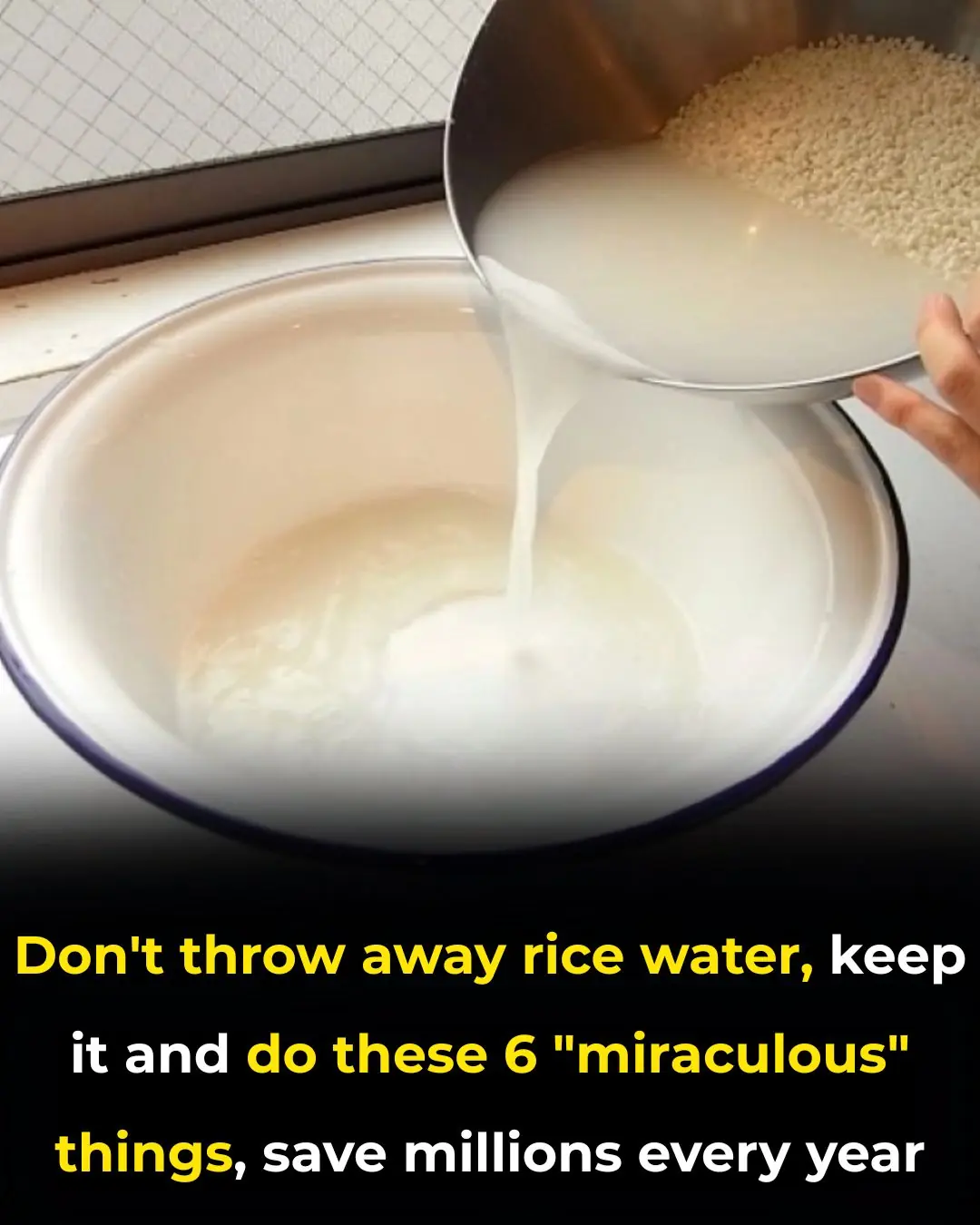
Don’t Throw Away Rice Water
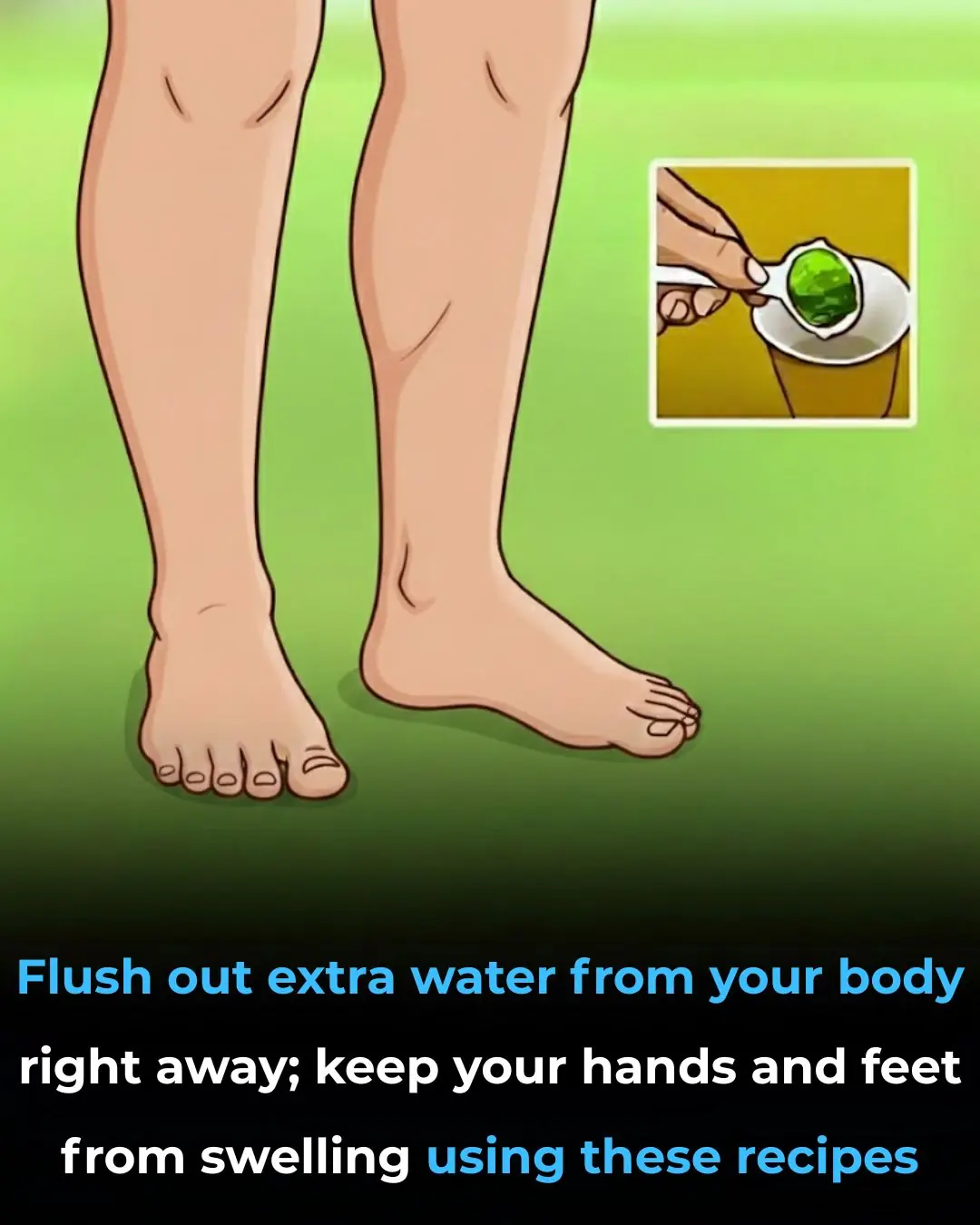
Say Goodbye to Swelling

Chew Just 4 Papaya Seeds a Day – The Tiny Habit Thousands Wish They Started Years Ago
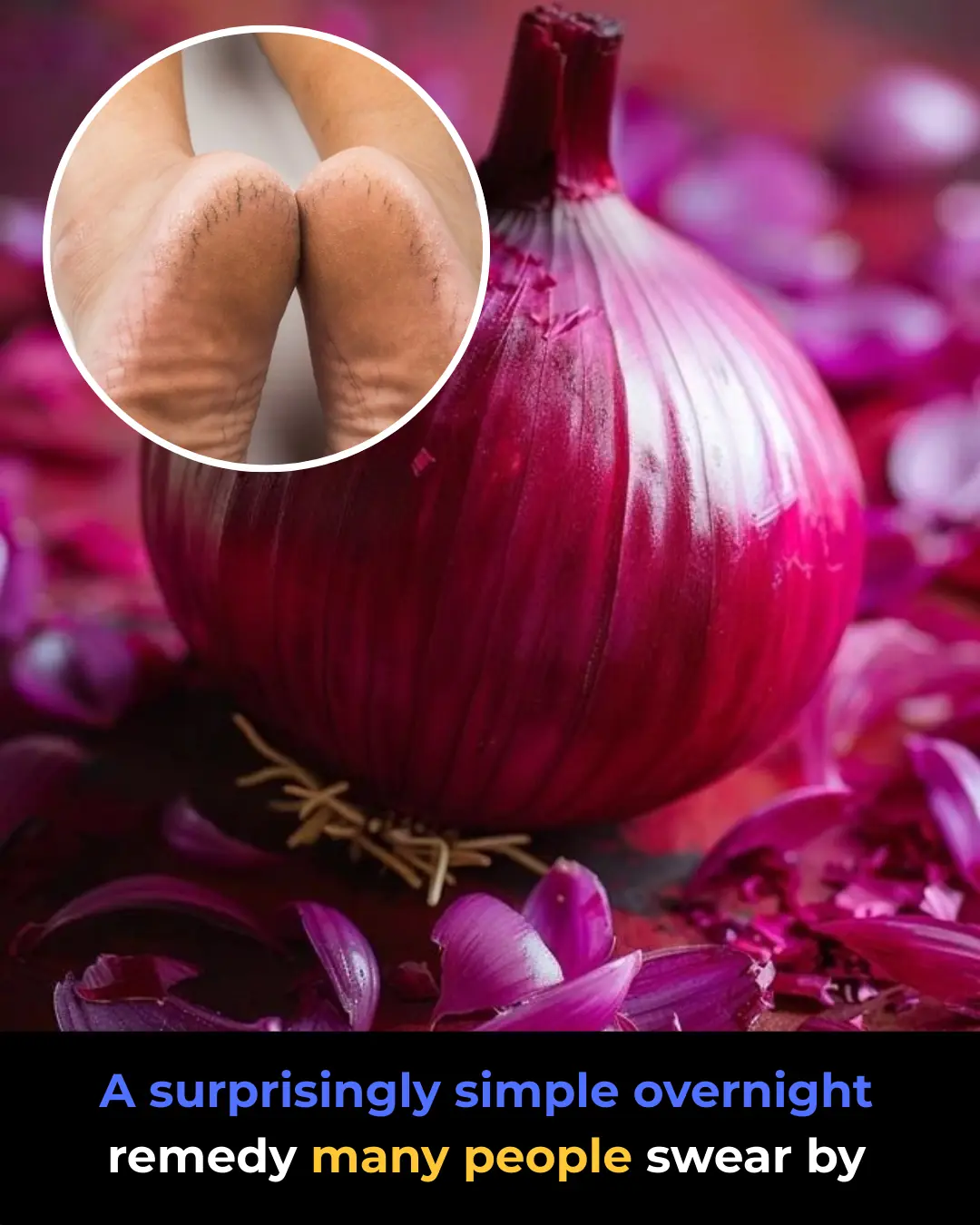
The Overnight Remedy People Swear By for Cracked Heels!
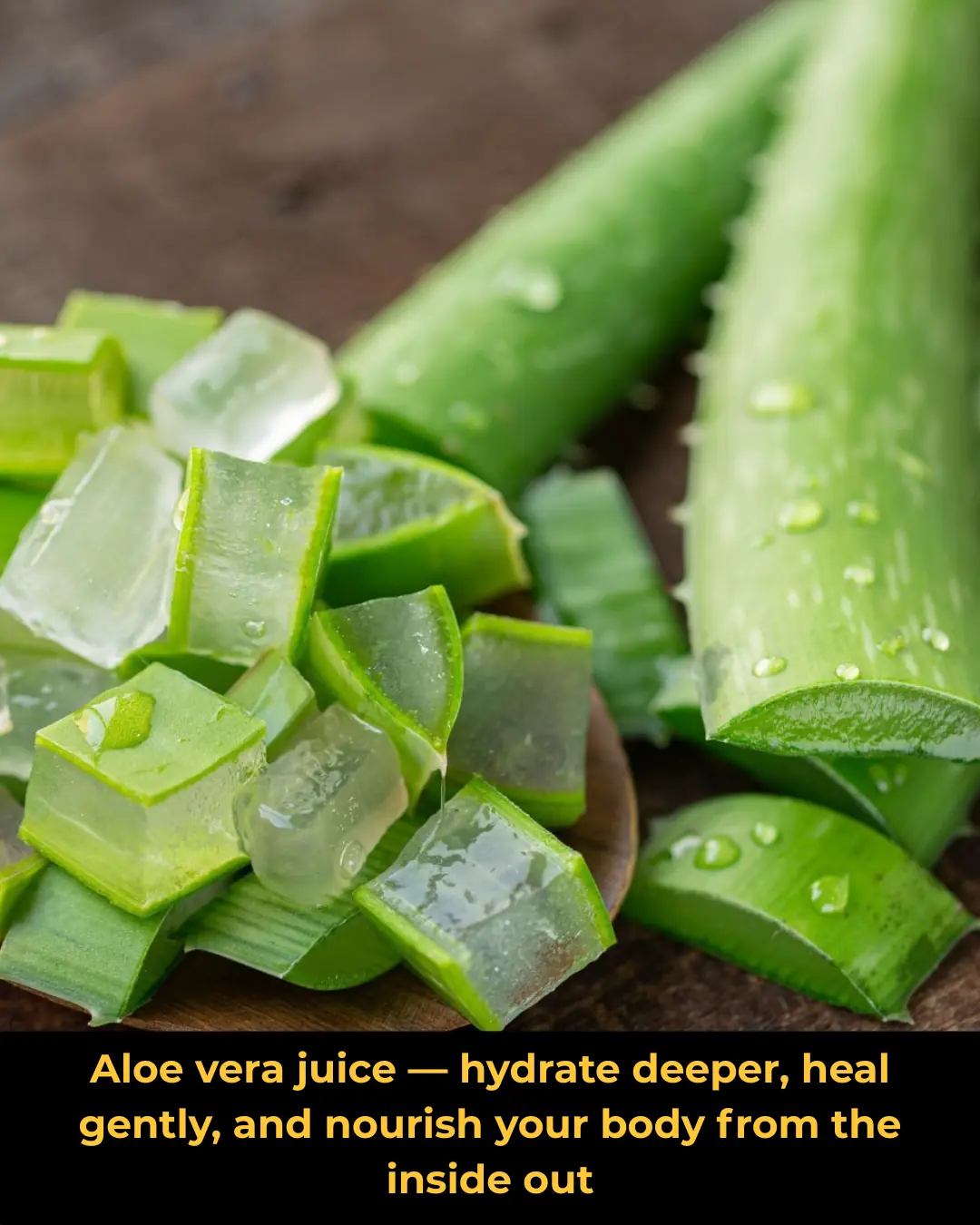
15 Powerful Reasons You Should Drink Aloe Vera Juice: A Refreshing Boost for Your Health

Hotel Workers Reveal What Goes On

Norway’s Unique Approach to Raising Confident and Healthy Children: A Deep Connection with Nature

Understanding Phlegm: Why It Builds Up and How to Naturally Reduce It

Japan’s Bullet Trains: The Pinnacle of Precision and Passenger Respect

Singapore’s Supertrees: A Fusion of Architecture, Nature, and Clean Energy

The Hidden Health Risks of Eating Instant Noodles 2-3 Times a Week: What Science Really Says

Garrett Morgan: The Self-Taught Inventor Who Revolutionized Safety and Saved Lives

How Rob Kenney Became the Father Figure Millions Needed After Losing His Own Father
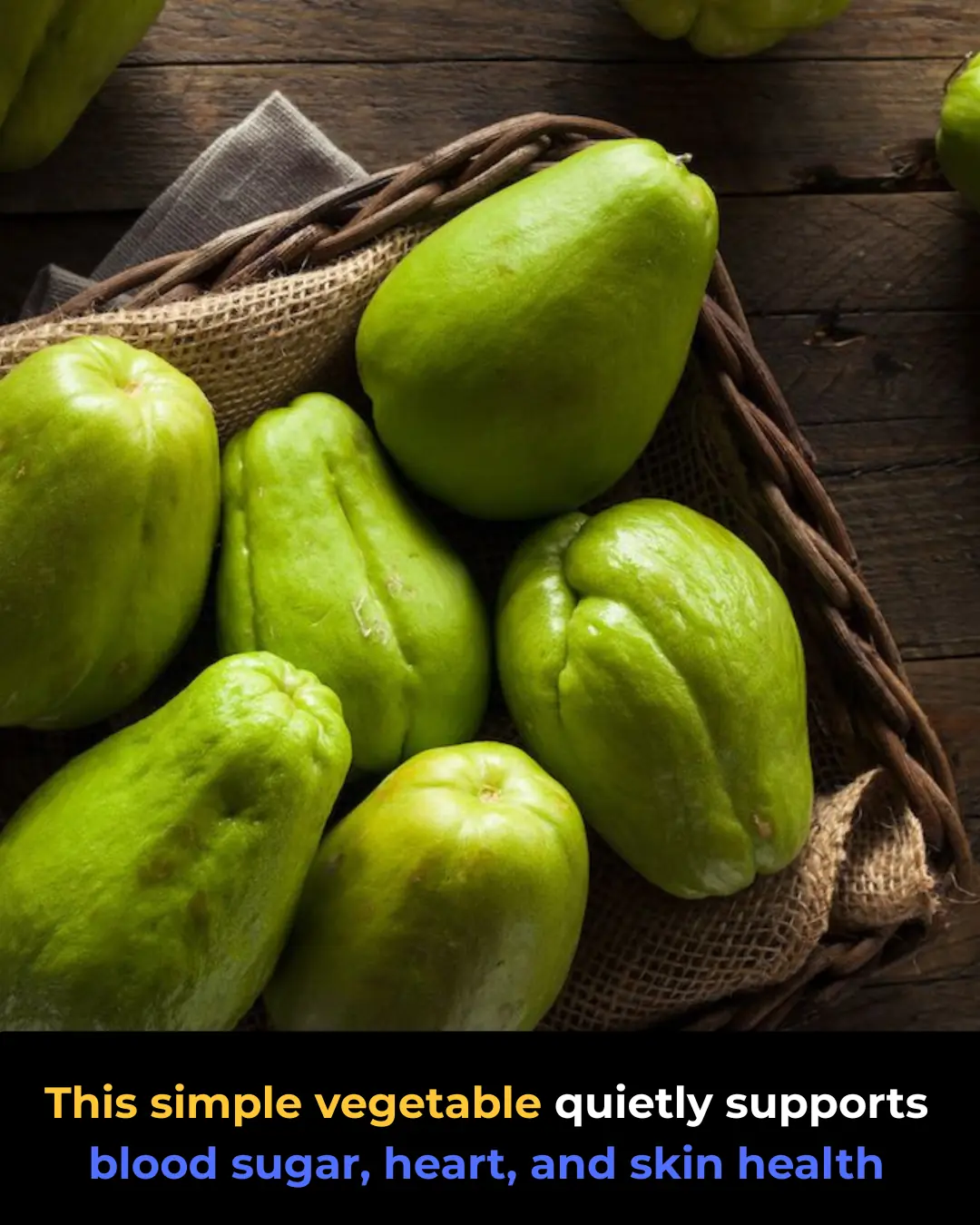
Doctors Reveal What Eating Chayote Really Does to Your Body
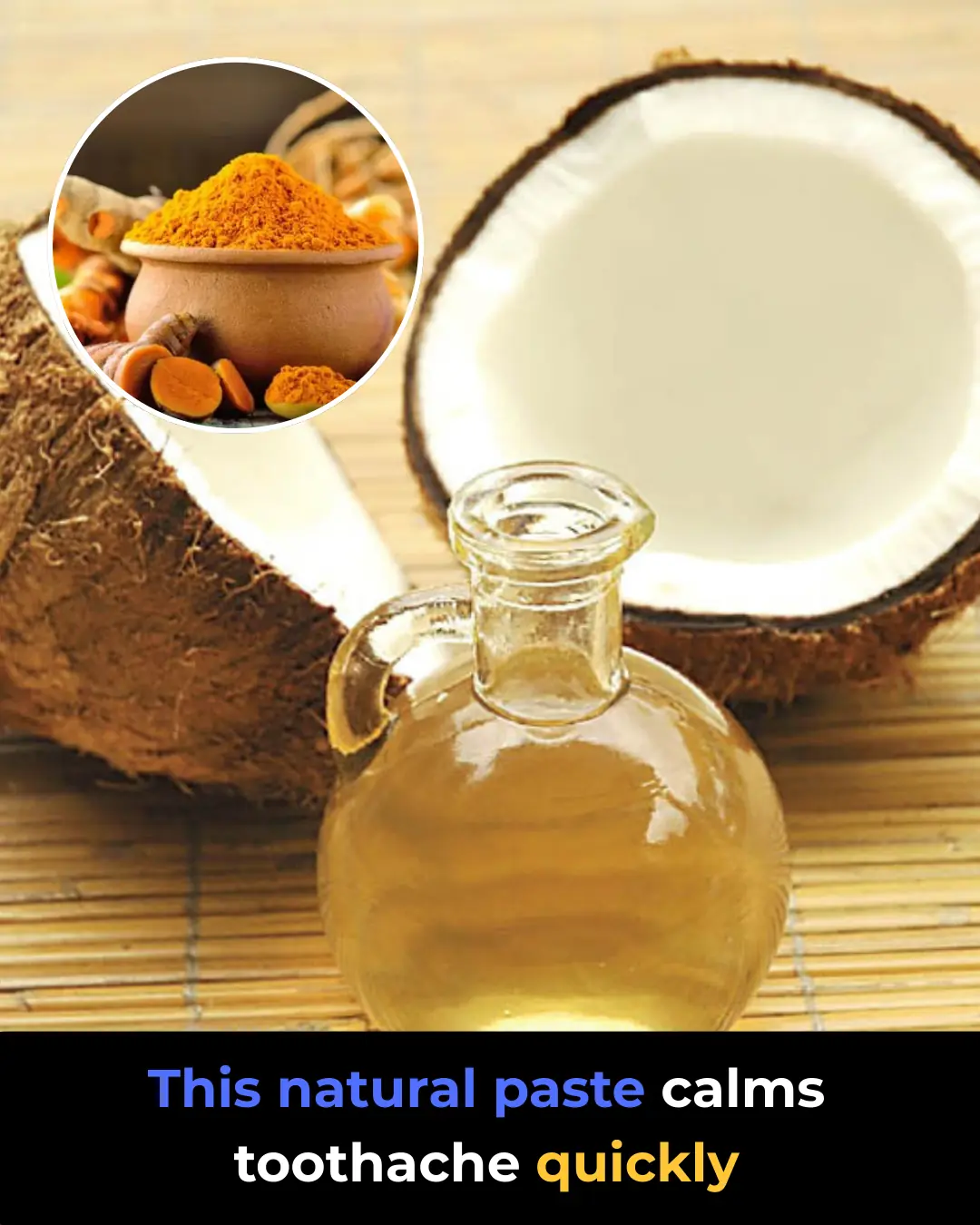
How to Get Rid of Tooth Cavity Naturally: The Most Effective Home Remedy to Reduce Pain Fast
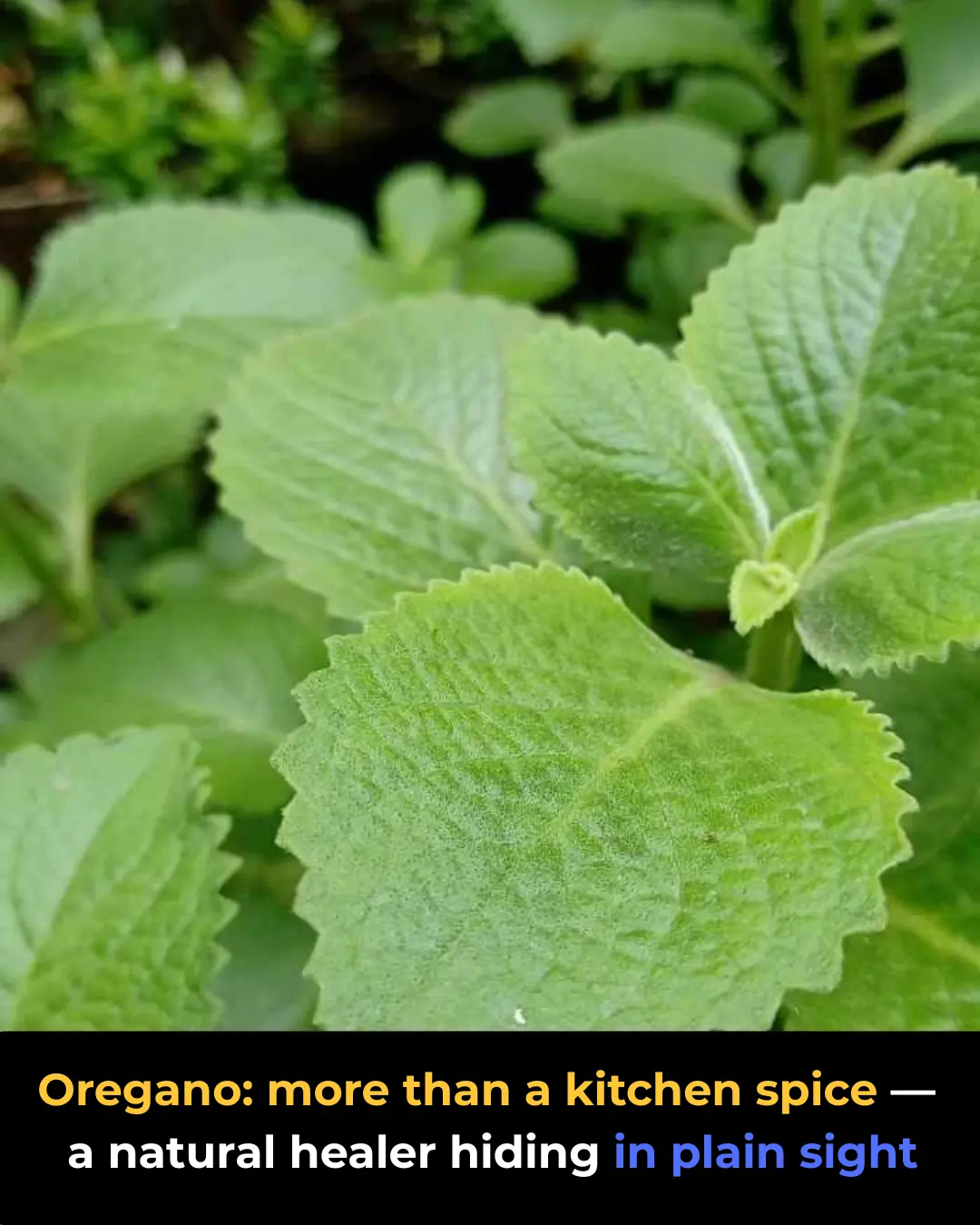
Oregano: Nature’s Small but Mighty Healer

Weird Things That Happen When You Age: Surprising Changes Explained by Science
